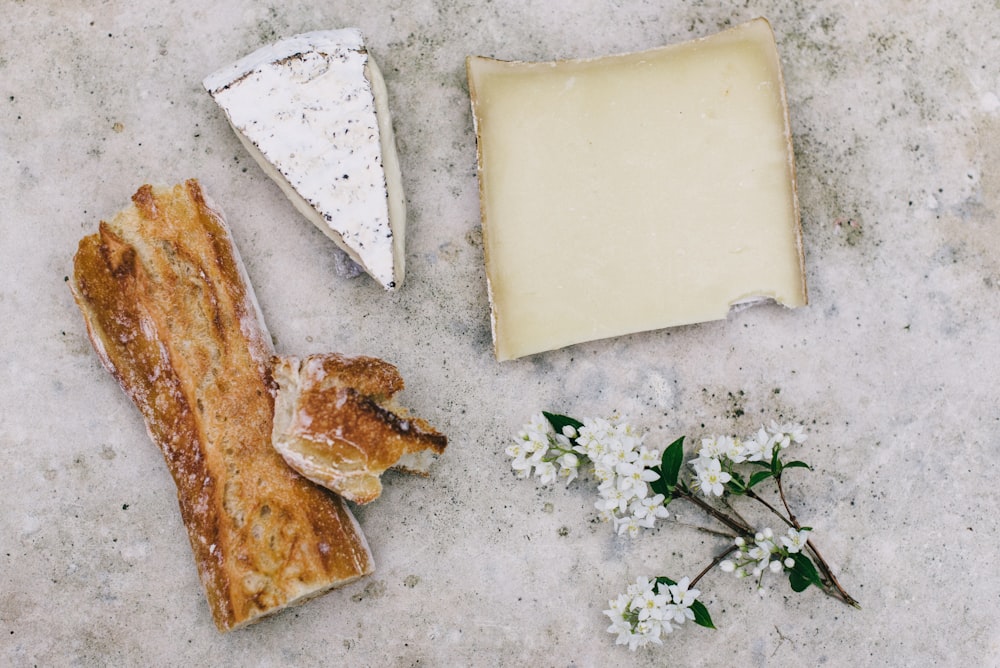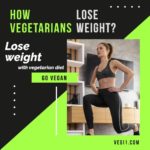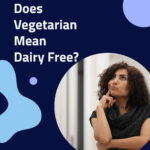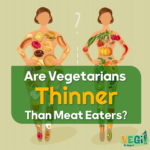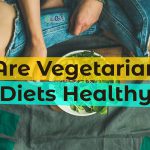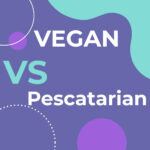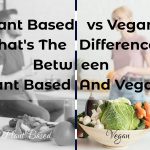Do vegetarians eat cheese? Are all cheeses vegetarian?
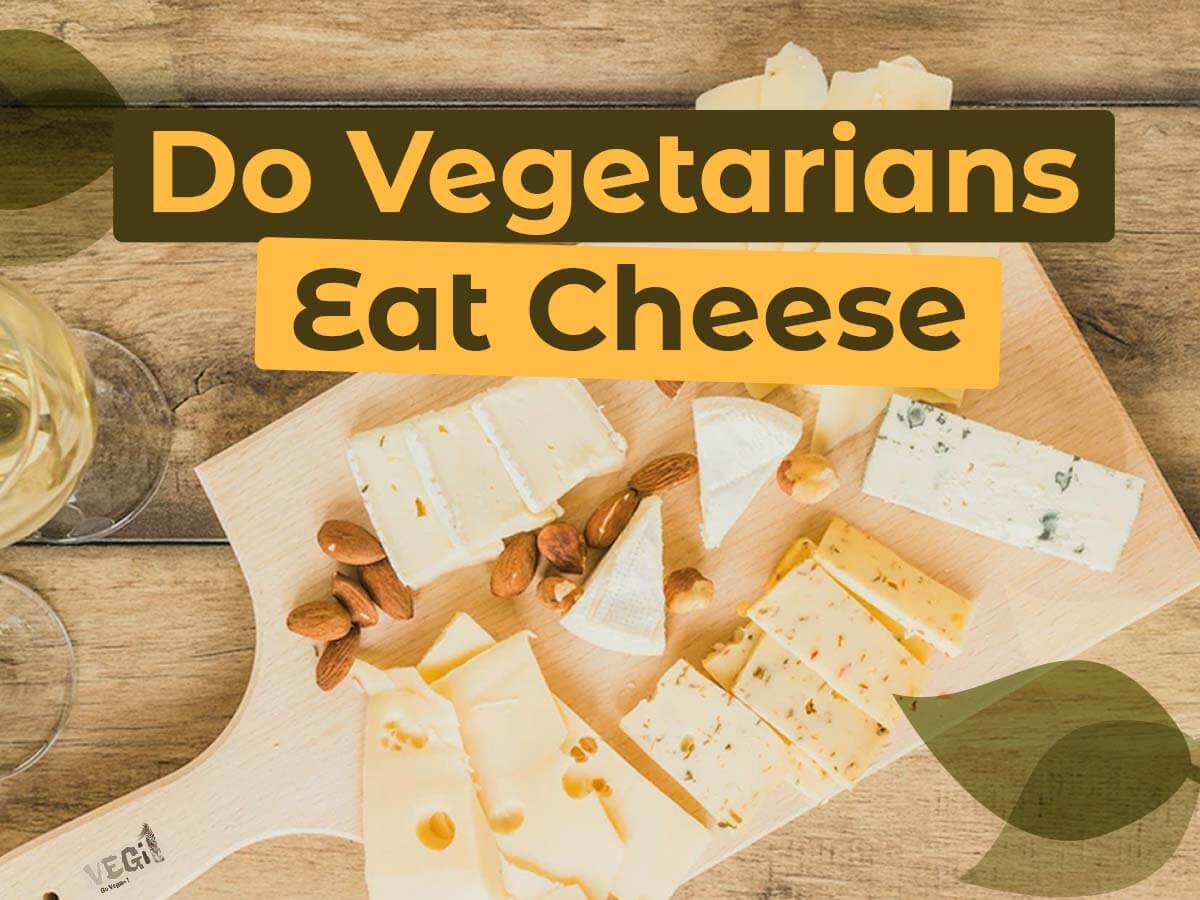
Do vegetarians eat cheese? The answer is yes. You can be a lifelong vegetarian and still enjoy cheese. Though it may not be a popular choice, vegetarians can enjoy cheese just as much as non-vegetarians can. Find out how to eat cheese on a vegetarian diet by reading this article.
As you continue reading this article, you will find that there are many different types of cheeses – some without rennet and some with rhein. The key is to understand why some cheese is vegetarian and some are not, and what cheese can be included in a vegetarian diet.
In this article you will read:
Introduction: Do Vegetarians Eat Cheese?
Vegetarianism is a way of life that forgoes the consumption of meat, poultry and fish, though depending on the kind of vegetarian diet, animal by-products like dairy and eggs may be allowed. In this blog post, I’ll investigate how cheese is made and explain why it is not vegetarian.
I’ll look into the types of cheeses that can be consumed and those that are prohibited in a vegetarian diet and answer the question: “Do vegetarians eat cheese?”
Which vegetarians can eat cheese?
Depending on the type of vegetarianism one follows, cheese may or may not be suitable for consumption. The various forms of vegetarianism do not involve consuming red meat, poultry, and anything else that requires the death of an animal. However, dairy products can usually be eaten by lacto- and lacto-ovo vegetarians, and some pesketarians. On the other hand, vegans don’t eat any items derived from animals, including milk and cheese, which are usually made with cow’s or goat’s milk. So, it’s worth noting that the appropriateness of cheese consumption for vegetarians is determined by the tyoe of vegetarian diet they observe.
- Those who follow a lacto-vegetarian diet abstain from eggs and any kind of animal meat but permit dairy products.
- Ovo-vegetarians don’t eat dairy or animal meat, yet eggs are acceptable.
- Lacto-ovo-vegetarians forego animal meat but can consume dairy items and eggs.
- Pescetarians are allowed to consume seafood but avoid red meat, poultry, and sometimes dairy and eggs.
- Vegans reject any animal meat, seafood, dairy products, eggs, and even honey at times.
Vegans do not eat dairy products, and if you want to know why, you must read this article that I published earlier: “Does Vegetarian Mean Dairy Free?
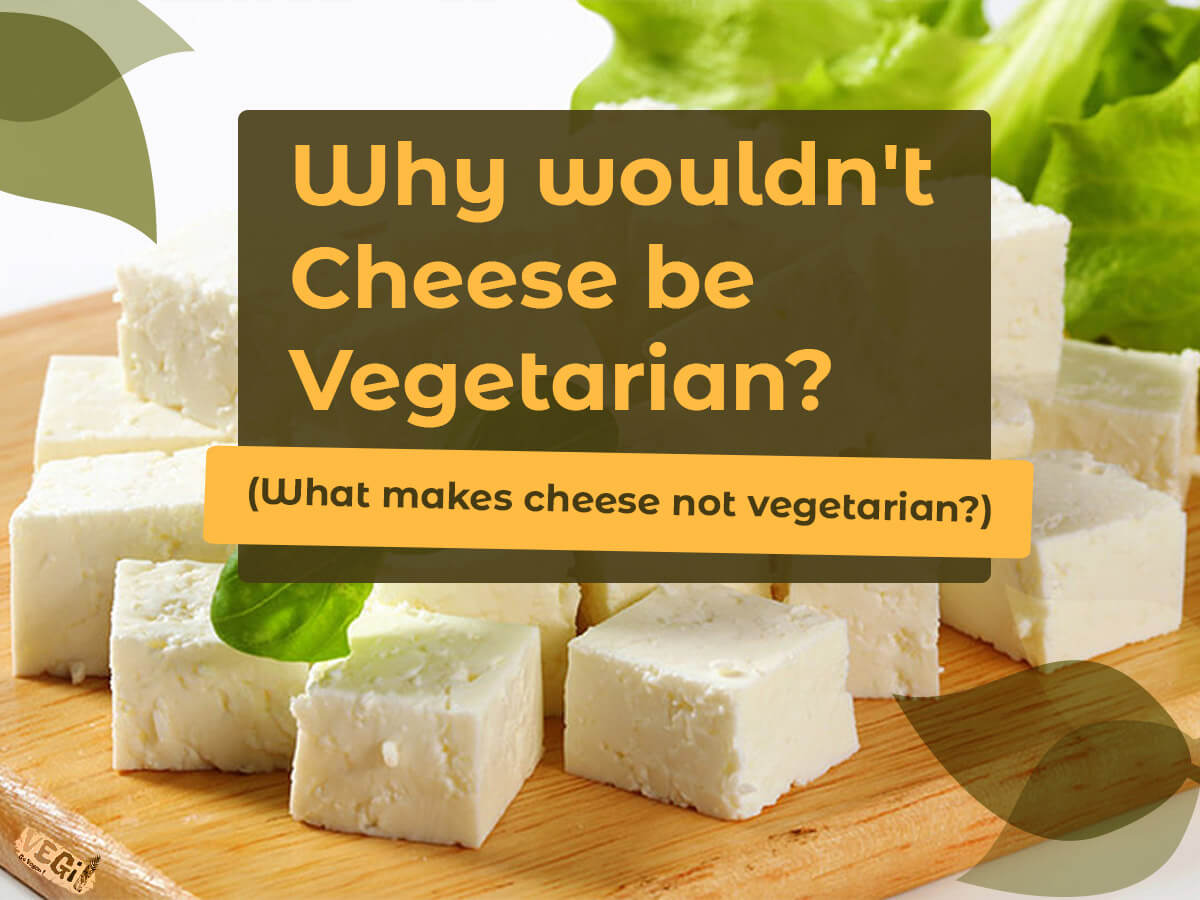
Have you ever wondered how cheese is made?
The process of making cheese begins with raw milk from cows, goats, sheep, or other animals. The milk is then pasteurized, which kills any harmful bacteria that may be present. After pasteurization, the milk is then cooled and rennet is added. Rennet, which is an enzyme derived from the stomach of an animal, helps to coagulate the milk. This process separates the milk into two parts: the liquid whey and the solid curds.
The curds are then cut and stirred, which helps to drain the excess whey. The curds are then heated and salted, which helps to give the cheese its flavor and texture. After the salting process, the curds are then placed into molds and pressed. This helps to give the cheese its shape.
The final step in the cheese making process is aging. During this process, the cheese is placed in a cool, humid environment for a period of time. This helps to develop the flavor and texture of the cheese. This process can range from a few weeks to several months, depending on the type of cheese being made.
Finally, the cheese is aged to achieve its desired flavor and texture.
What renders cheese not suitable for vegetarians?
Cheese is made by curdling milk with an acidic substance such as lemon juice or vinegar. This separates the solids (the curds) from the liquid (the whey). The curds are then cut and heated, and the whey is drained off.
Many cheeses contain animal-derived ingredients like :
- Animal milks
- Animal rennet
- Albumin
- Gelatin
Albumin is a protein found in egg whites and is commonly used as a fining agent in some cheeses.
Gelatin is a protein derived from animal collagen, and it is used to clot milk proteins in some cheeses.
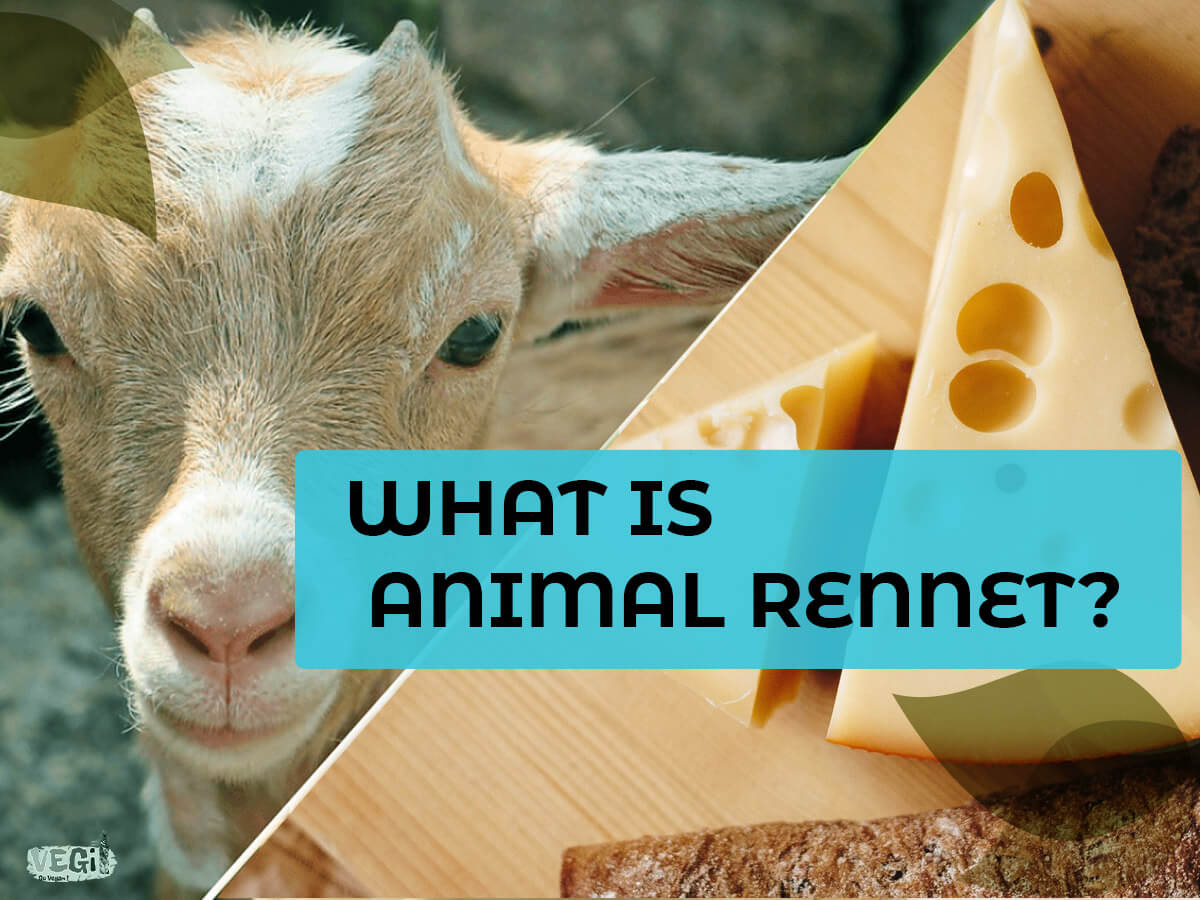
What is animal rennet?
Cheesemaking often requires rennet, a combination of enzymes that work together to solidify milk from animals.
The animal rennet enzyme, known as Chymosin ,makes up the majority of the enzymes found in rennet, with the rest split between lipase and pepsin.This mixture of enzymes helps to form the casein protein that’s present in dairy-based cheese.
It’s an enzyme called chymosin that is necessary for the production of cheese. It plays a part in breaking down the proteins in the milk, which leads to the formation of curds that are used for cheese-making. Animal rennet is also utilized for other dairy products such as yogurt and ice cream. It is not suitable for vegetarians, even though animals aren’t killed just for the rennet.
Animal rennet is an essential part of cheese production. It is usually taken from the stomach lining of a calf, lamb, sheep ,goats or pig, and the chymosin enzyme is extracted. The lining is washed and dried, then soaked in brine or boric acid solution for four to five days before being ready to use.
Typically, animal rennet is extracted from the fourth stomach of young calves that were slaughtered primarily for their meat. This enzyme is used in the manufacture of hard cheeses and other dairy items, which makes it unsuitable for vegetarians.This means that any cheese that contains animal rennet or milk, and it is not vegetarian.What could be the reason
What could be the reason vegetarians don’t consume milk?
People who follow a vegetarian diet usually do not drink animal milk, including cow’s milk. There are several reasons why vegetarians prefer not to drink animal milk, which in the article”Can Vegetarians Drink Milk?” I explained all of them. Many vegetarians do not eat any animal products, including animal milk, because we believe that the milk of every creature belongs to its child, and we are against any exploitation and abuse of animals for the production of food, entertainment or clothing. .
Cow’s milk has been a source of nutrition for humans for thousands of years, but that doesn’t mean it’s the right food habit. Digesting cow’s milk is difficult for many people because cow’s milk contains hormones and antibiotics that produce allergies and infections in the human body.
Vegan diets, which eliminate all animal products, also prohibit the consumption of animal milk. Vegans may drink plant-based milks such as almond, oat, or soy milk, as these are vegetarian options.
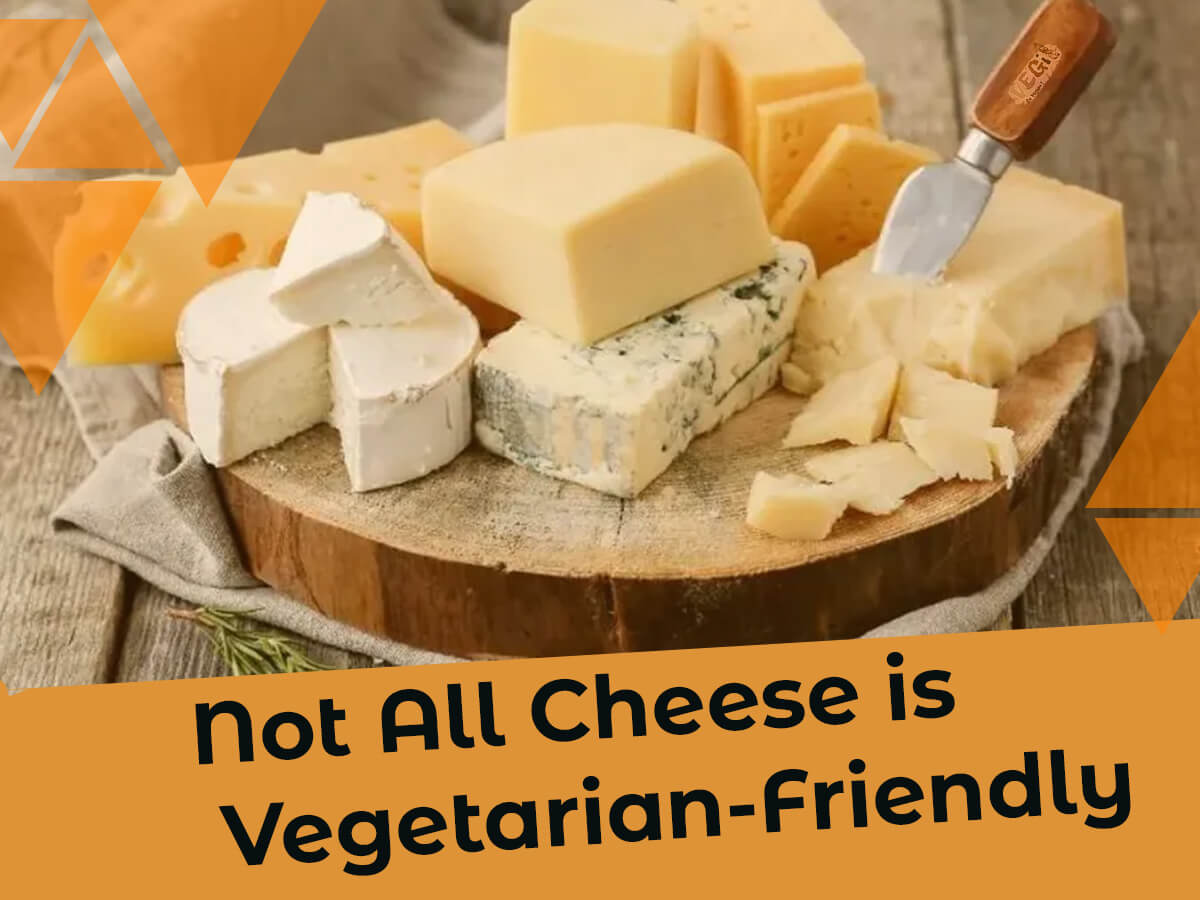
What is vegetarian rennet?
For those seeking a dairy-making ingredient that is free from animal-products, vegetarian rennet is the optimal solution. This enzyme, acquired through a selection of plant and microbial sources, is usually employed to solidify milk for cheese production, and is considered to be more eco-friendly and sustainable than animal-based rennet. Additionally, it imparts a noteworthy flavor to the cheese and is also suitable for those with lactose intolerance. Therefore, vegetarian rennet is an ideal alternative for cheese makers who are looking for an animal-free ingredient.
Vegetarian rennets have an array of origins, such as vegetation like figs, nettles, and thistles, some microorganisms, or specially-crafted rennets that have been engineered through genetic modification.
This type of rennet is the preferred choice for vegetarians as it does not contain any enzymes derived from animals.
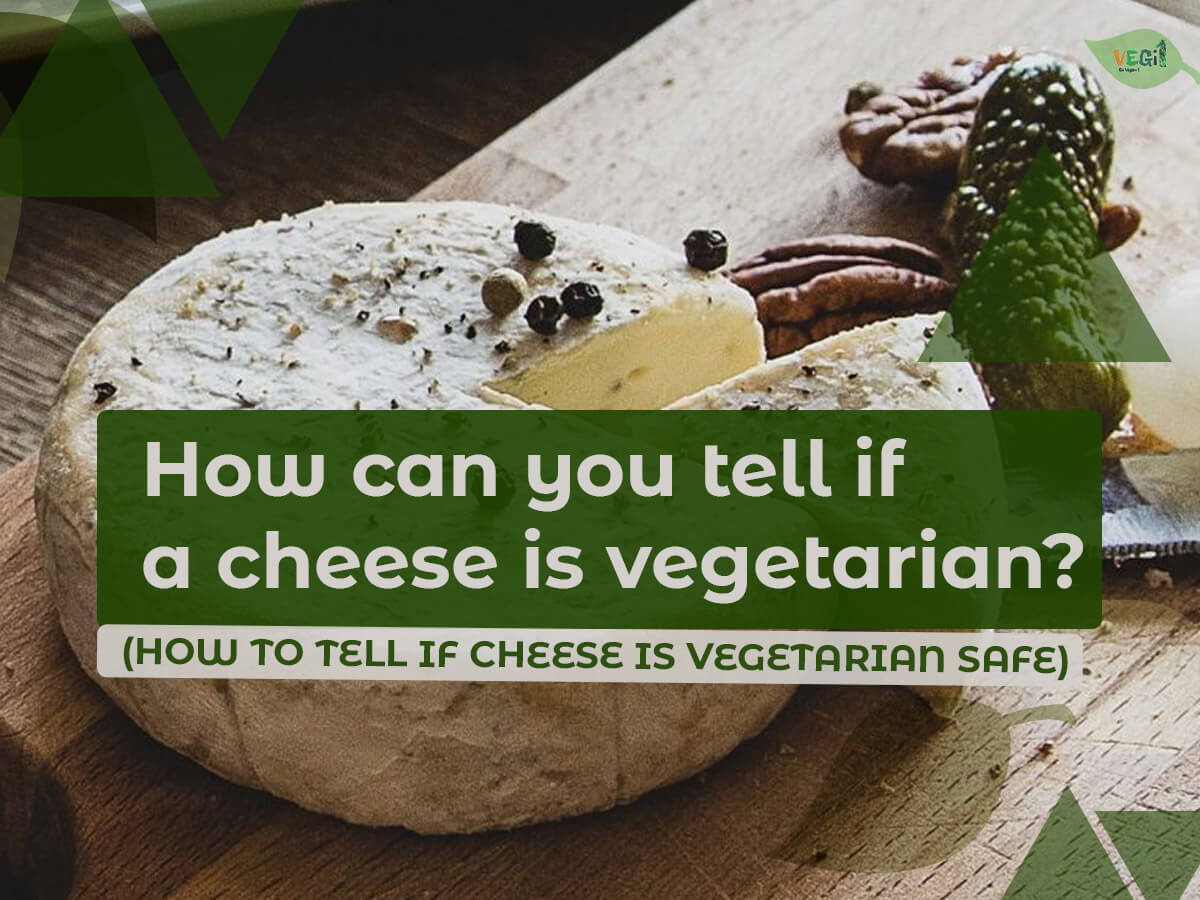
What is Vegetarian Cheese?
Vegetarian cheese is a cheese that does not contain animal rennet, Milk, whey or any dairy products . It can be made from plant-based proteins, such as soy , nut milks , coconut milk, or from enzymes from non-animal sources, such as fungi or bacteria. These cheeses are suitable for vegetarians and vegans alike.
Cheeses Without Rennet
Some cheeses are made without the use of animal rennet. These include:
- Hard cheeses such as cheddar, gouda, and gruyere
- Soft cheeses such as Brie, Camembert, and feta
- Processed cheeses such as cream cheese, mozzarella, and Swiss cheese
These cheeses are usually made with vegetarian rennet, so it is important to check the label before purchasing to ensure that it is suitable for vegetarians.
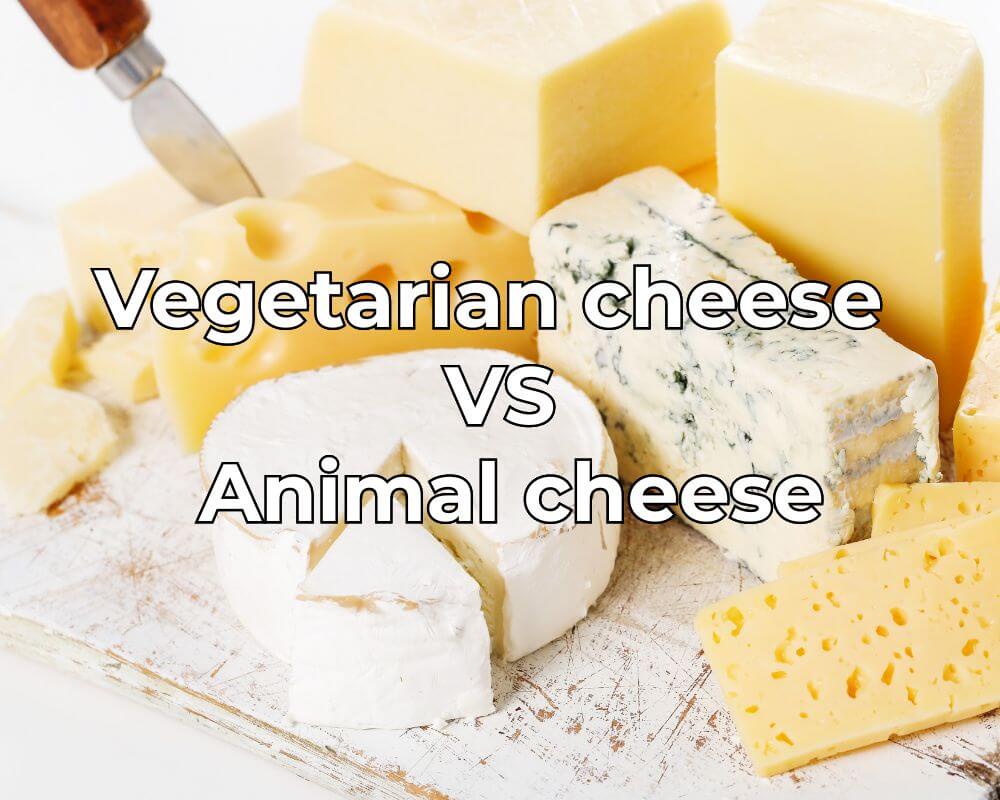
What is the difference between Vegetarian cheese and animal cheeses?
The main difference between vegan and vegetarian cheese and animal cheeses is that animal cheese is produced from cow’s milk, whey and animal enzymes, while vegetarian cheeses are made with milk and vegetable proteins, but they may contain animal derivatives in their composition like casein.
Vegan cheeses are produced without animal milk, animal dairy or and with vegetable enzymes and do not contain any animal-derived ingredients and are 100% vegetable.
- Vegetarian cheese is typically made from milk alternatives such as nuts’ s milk or almond milk, soy milk , and even coconut oil, , tapioca starch, or nutritional yeast.while animal cheeses are made from cow’s milk, sheep’s milk or goat’s milk.
- Vegetarian cheese tends to be dairy-free and lactose-free, whereas animal cheeses contain cow’s milk and lactose , whey ,cream, or rennet.
- Vegetarian cheese does not contain animal rennet and is made with vegetable enzymes as a coagulant, while animal cheeses contain animal rennet.
- Vegetarian cheeses are often fortified with extra vitamins and minerals, while animal cheeses usually don’t include any additional nutrients.
- Vegetarian cheese also usually provides more calcium and protein, fiber and vitamins such as B12 and D.
- Vegetarian cheese is also often heated at a higher temperature than vegan cheese, which can affect the taste and texture.
- Vegan and vegetarian cheeses are also lactose-free and cholesterol-free, while animal cheeses may contain lactose and cholesterol.
- Vegan and vegetarian cheeses generally higher in fiber and are also usually lower in fat and calories than animal cheeses, making them a healthier alternative.
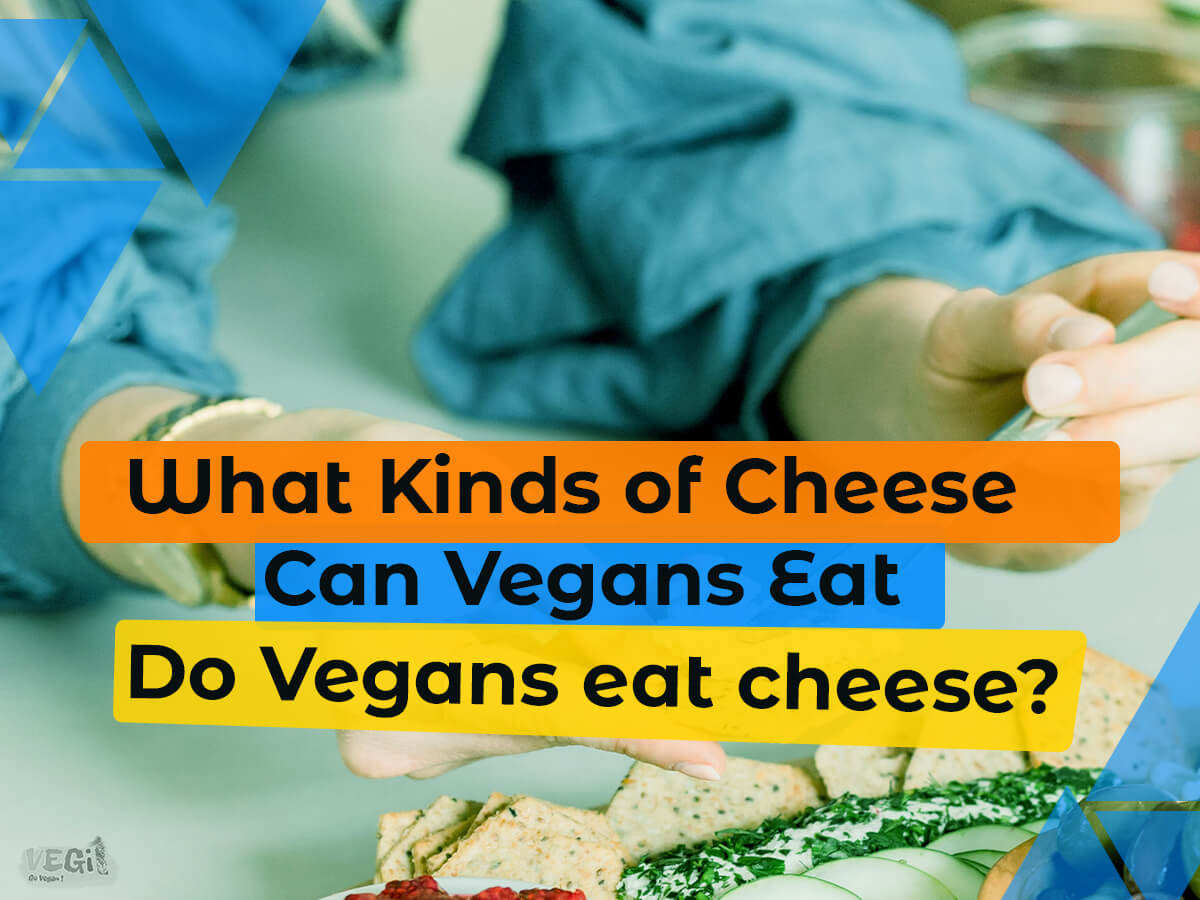
What other Cheeses Are Vegetarian?
Many other types of cheese are vegetarian, as long as they are made without animal rennet. These include blue cheese, ricotta, cream cheese, and Gouda. Vegans should check the label to make sure it does not contain animal rennet.
There are many other types of vegetarian cheese available on the market, including:
- Nut-based cheeses such as almond, cashew, and macadamia nut cheese
- Soy-based cheeses such as tofu, tempeh, and miso cheese
- Coconut-based cheeses
- Rice-based cheeses
- Plant-based cheeses such as pea protein cheese
These vegan and vegetarian cheeses are made without the use of animal products and are suitable for vegetarians and vegans.
Which cheeses are not vegetarian?
Cheeses that are not vegetarian include Parmesan, Romano, Pecorino, Cheddar, Gouda, Brie, and Camembert.
Cheeses that are not vegetarian/vegan include :
- Parmesan ( This cheese always made with cow’s milk and rennet, which is an enzyme from the stomach lining of slaughtered calves.)
- Grana Padano (It is made with rennet, which is taken from the abomasum of a calf)
- Roquefort (A blue cheese, is made with animal rennet, albumin, and gelatin.)
- Gorgonzola (This cheese is made with cow’s milk and animal cheese)
- Romano (Is made with animal and vegetable rennet)
- Pecorino ( Is made with animal and vegetable rennet)
- Cheddar (Cheddar is made with animal rennet and albumin)
- Gouda (Gouda is made with animal rennet and gelatin)
- Brie (Brie is made with animal rennet and gelatin)
- Camembert (Camembert is made with animal rennet, albumin, and gelatin)
Remember that soft cheeses such as ricotta, cottage cheese, cream cheese, and American Swiss are always vegetarian, but because they are made from animal milk, they are not vegan.
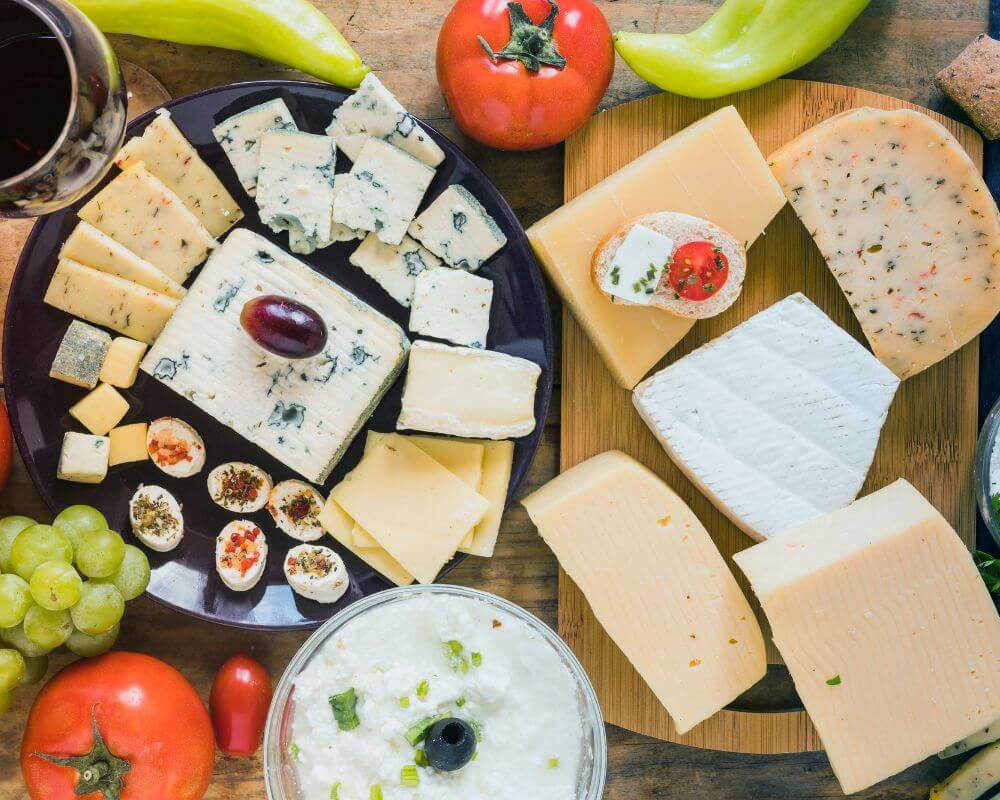
Surprising Answers: Do Vegetarians Eat Cheese?
 Is Parmesan Cheese Vegetarian?
Is Parmesan Cheese Vegetarian?
Parmesan cheese is not suitable for vegetarians because it is produced according to a particular recipe that always uses animal rennet. If you are vegetarian and looking for Veggie alternative to Parmesan cheese, Twineham Grange Italian-style Hard Cheese and VBites Dairy-Free Italian Hard Style Cheezly are good options. You can also find some vegetarian Italian-style hard cheeses in the supermarket, though it is important to read the labels.
 Is Grana Padano Cheese Vegetarian?
Is Grana Padano Cheese Vegetarian?
Grana Padano is a cheese that contains no artificial fillers, preservatives, or additives, and is unpasteurized and gluten-free. Unfortunately, it is not an option for vegetarians as rennet, which is obtained from the abomasum of a calf, is used in its production.
 Do vegetarians eat mozzarella cheese?
Do vegetarians eat mozzarella cheese?
Yes, vegetarians can eat mozzarella cheese as it is a dairy product and does not contain any meat or fish. However mozzarella is not vegan, vegans refuse to consume any dairy products and cheese made from animal milk. so mozzarella would be off the menu.
 Is feta cheese vegetarian?
Is feta cheese vegetarian?
Feta cheese is an amazing Mediterranean cheese that is popular around the world. Traditional feta cheese is made with sheep’s or goat’s milk and is not considered vegetarian because it contains animal rennet.
Vegetarian Feta Cheese
However, there are vegetarian varieties of feta cheese available on the market. These cheeses are made using vegetarian rennet, an enzyme that is derived from a vegetable source. This type of rennet is not an animal product, so it is suitable for vegetarians.
In addition, there are also vegan varieties of feta cheese. These cheeses are usually made from plant-based milks such as almond, soy, or coconut. They are free from animal products, making them suitable for vegans and vegetarians alike.
When it comes to feta cheese, it is important to read the label to make sure that the product does not contain any animal products. If you want to enjoy feta cheese and still follow a vegetarian or vegan lifestyle, it is best to opt for a vegetarian or vegan variety.
 can vegetarians eat mozzarella cheese ?
can vegetarians eat mozzarella cheese ?
Yes, vegetarians can eat mozzarella cheese as it is a dairy product and does not contain any meat or fish. However mozzarella is not vegan, vegans refuse to consume any dairy products and cheese made from animal milk. so mozzarella would be off the menu.
 Why don’t vegetarians eat cheese?
Why don’t vegetarians eat cheese?
– Most cheese is made using rennet, an animal by-product derived from the stomachs of slaughtered calves.
– Many vegetarians avoid dairy products because they do not want to support the dairy industry’s use of animals.
– Some vegetarian diets exclude cheese for ethical or religious reasons.
– Vegans avoid cheese because it is an animal-derived product.
– Cheese may contain other animal-derived ingredients, such as whey, casein, gelatin or albumin.
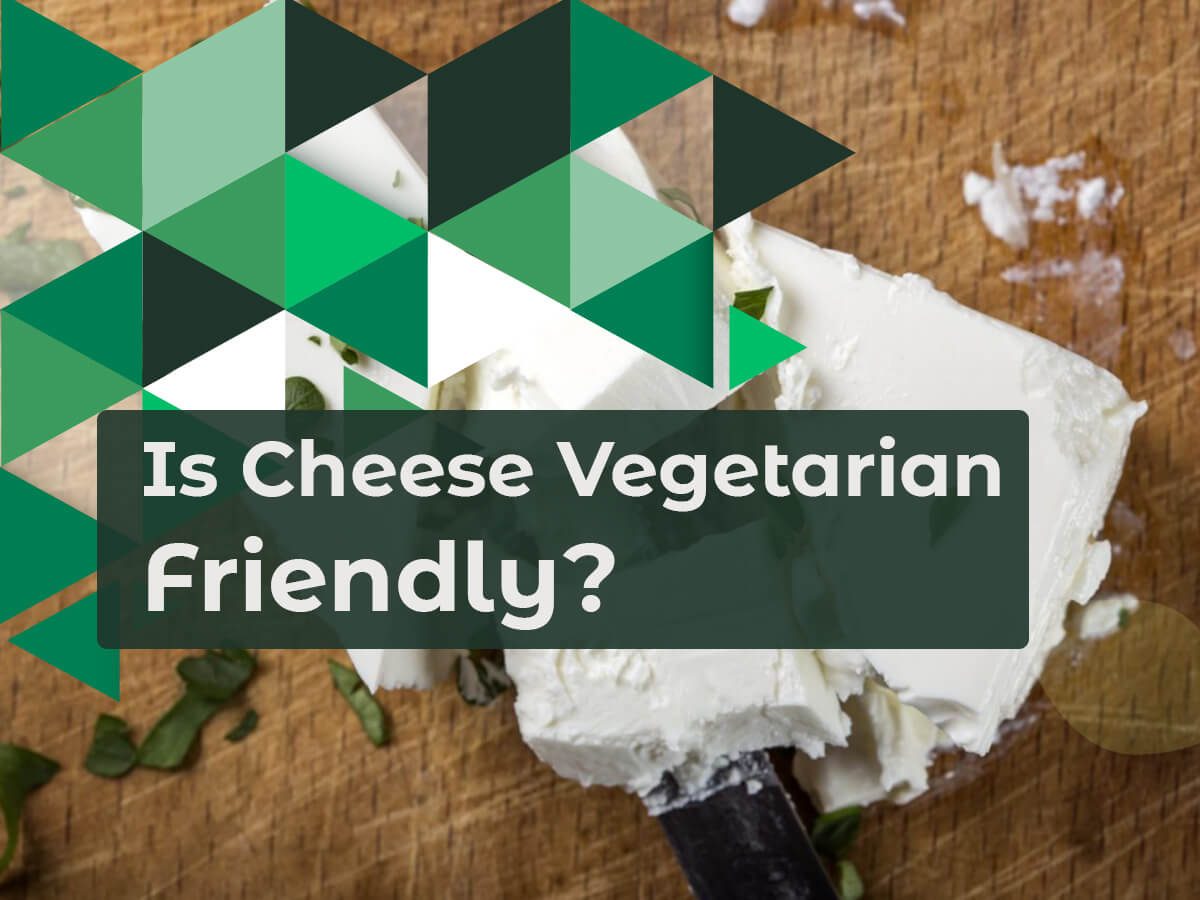
What types of cheese can vegans eat?
Vegan cheese can be made from a variety of plant-based ingredients, such as soy, nuts, or coconut oil. It can be made to mimic the flavor and texture of traditional cheese and is available in a variety of types, such as slices, shreds, and spreads.
Another type of cheese vegans can eat is nutritional yeast. This is a deactivated type of yeast that has a nutty, cheesy flavor. It is often used as a condiment to enhance the flavor of dishes, but it can also be used as a cheese substitute. Nutritional yeast is a great source of B vitamins and protein, making it a nutritious and delicious addition to any vegan diet.
Fermented vegan cheeses are also becoming increasingly popular. These cheeses are made by combining a vegan starter culture with a plant-based milk, such as coconut, almond, or oat milk. The mixture is then aged to create a cheese-like texture and flavor. This type of cheese is high in probiotics and is a great source of beneficial bacteria for vegans.
Vegans can also enjoy plant-based cheese alternatives. These products are made from ingredients such as nuts, seeds, or mushrooms and are designed to mimic the texture and flavor of cheese. They are typically fortified with additional vitamins and minerals and are a great option for those looking to add a nutritious and delicious vegan cheese to their diet.
How can you tell if a cheese is vegetarian? Is there a way to identify if a cheese is suitable for a vegetarian diet?
– Check the label – some cheese labels will specifically say “vegetarian” or “suitable for vegetarians” or “vegan”.
– Check for animal-derived ingredients such as eggs, milk, and butter and avoid cheeses containing animal rennet or animal-based enzymes.
– Check the production method – some cheeses are made with the help of enzymes from the stomach of slaughtered animals such as calves, so it is important to check how the cheese was produced
– Contact the manufacturer – if you are still unsure, contact the manufacturer directly and ask them about their production methods.
– Research online to find out if the cheese is made with vegetarian-safe ingredients.
Vegans should check the label to make sure it does not contain animal rennet.
Understanding cheese labelling. Here’s what you should know…
Legally, producers do not have to put labels on goods for vegetarians. If they do, it is simply out of their own volition and that is why the labelling may be inconsistent and confusing. To make sure a product is vegetarian-friendly, look for the ‘suitable for vegetarians’ or ‘V’ label.
For definite assurance that a cheese is vegetarian or vegan, keep an eye out for the Vegetarian Society Approved trademarks.
24 Brands that offer vegetarian, rennet-free cheese
- Follow Your Heart
- Daiya
- Go Veggie
- Violife
- Kite Hill
- Treeline Treenut Cheese
- Galaxy Nutritional Foods
- Miyoko’s Kitchen
- Vegan Gourmet
- Good Planet Foods
- Dr. Cow Tree Nut Cheese
- Whole Foods Market
- Horizon Organic
- Organic Valley
- Galbani
- Kraft
- Stella
- Sargento
- Cabot
- 365 by Whole Foods Market
- Galbani
- Kerrygold
- Tillamook
- Laughing Cow
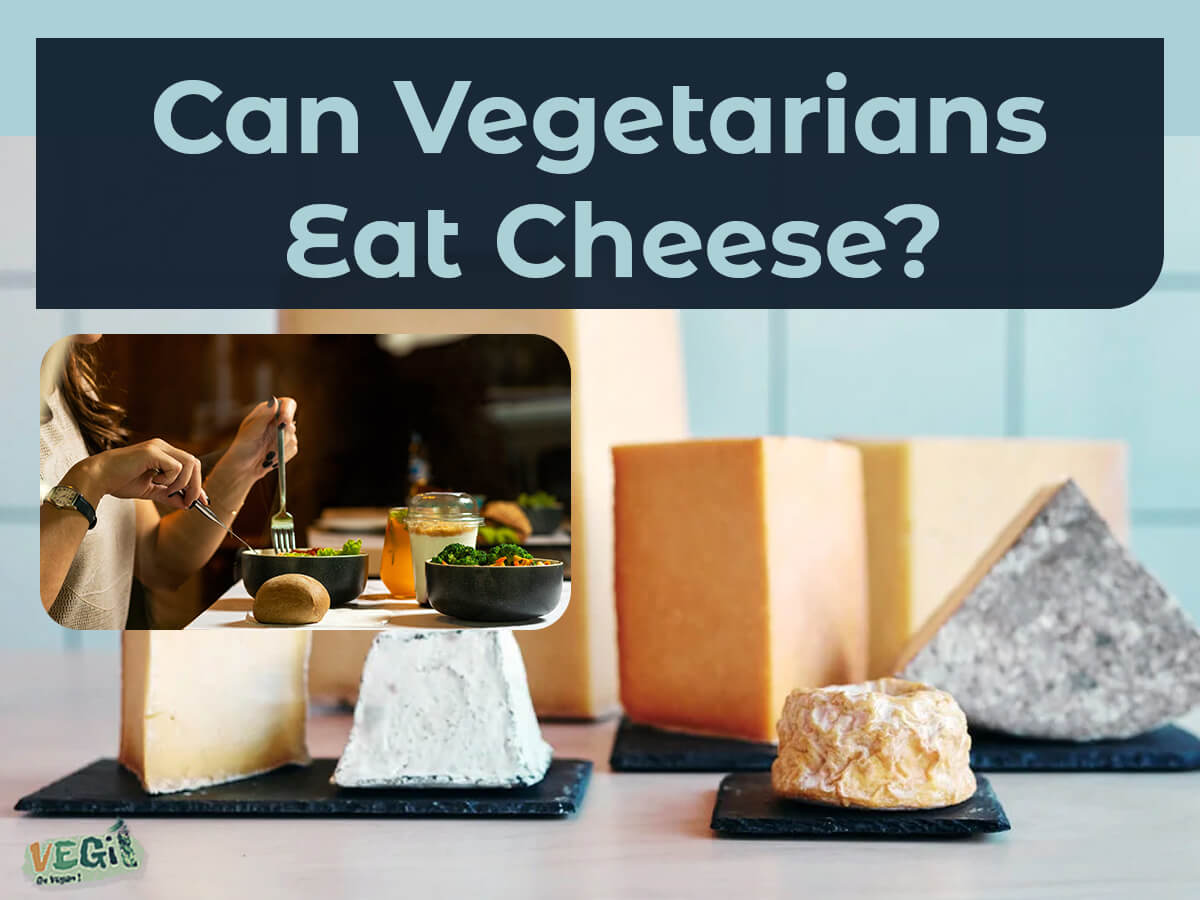
Conclusion: Vegetarians and Cheese
In conclusion, in response to the question Do vegetarians eat cheese, I must say that it depends on the type of vegetarianism and the type of cheese. Most vegetarians can eat cheese, as long as it’s made without animal cheese liquid, but vegans should always check the label to make sure it doesn’t contain milk or animal rennet. With the wide variety of vegan cheeses available today, there is a variety of cheeses for all vegetarians!
Also, you can prepare the healthiest and tastiest cheeses at home with the lowest cost and the simplest ingredients.
I am always waiting for your comments to know what cheese do you prefer? Have you ever tried to make vegan cheese yourself? Write me in the comments below this post


